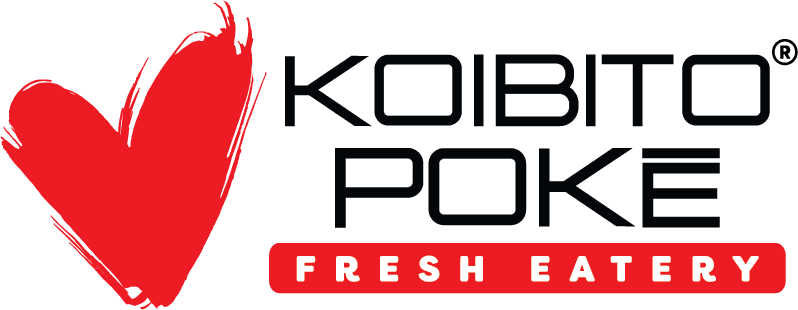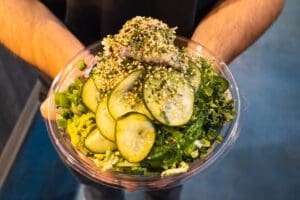As more and more people come to appreciate how their health can be improved through the right foods, more research is coming to light in exactly how it can do so. Certain nutrients can impact and benefit the body in specific ways so it’s important to eat a well-rounded and well-balanced diet that includes a multitude of health-boosting foods. One of these is omega-3s or omega-3 fatty acids. What is this nutrient and how can it help the body? Koibito Poke takes a look:
According to the National Institutes of Health (NIH) Office of Dietary Supplement website, the Omega-3 fatty acids are alpha-linolenic acid (ALA), eicosapentaenoic acid (EPA), and docosahexaenoic acid (DHA). These are generally found in fish, flaxseed and supplements (like fish oil). Omega-3s are part of the membranes that surround every cell in the body so clearly, they are an important aspect of the body’s health. Omega-3s are vital for retina/eye and brain cells and have functions in the heart, blood vessels, lungs, immune system and endocrine system, which is the network of hormone-producing glands.
Omega-3s can be credited for a number of additional health benefits including:
Reduced risk of heart problems
Infant health and development
Cancer prevention
Lowered risk of developing Alzheimer’s disease, dementia, cognitive function and age-related macular degeneration
Relief for rheumatoid arthritis pain, swelling, stiffness and loss of function in the joints
“ALA is an essential fatty acid, meaning that your body can’t make it, so you must get it from the foods and beverages you consume,” according to the site. While the body can convert some ALA into EPA and then to DHA, it can only do so in very small amounts. So getting EPA and DHA from foods and dietary supplements is the only “practical way” to increase the body’s omega-3 fatty acid levels.
To increase intake of omega-3s the NIH advises people to increase their intake of the following foods:
Fish and other seafood including cod-water fatty fish like salmon, mackerel, tuna, herring and sardines
Nuts and seeds like flaxseed, chia seeds and walnuts
Plant oils including flaxseed oil, soybean oil and canola oil
Fortified foods like certain brands of eggs, yogurt, juices, milk and soy beverages
Pescatarians will find this an easy chore (and are likely already getting enough omega-3s in their diet). But for those that need a boost, adding fish to the menu a few days a week can help as well as sprinkling flaxseed into a smoothie in the morning, mixing chia seeds into a yogurt parfait or topping a salad with some chopped walnuts. Incorporating those specific oils and fortified foods can round out a healthy dose of omega-3s.
When it comes to eating right for body and mind health, Koibito Poke encourages health enthusiasts to eat a varied and delicious diet of real foods. Happy eating!




